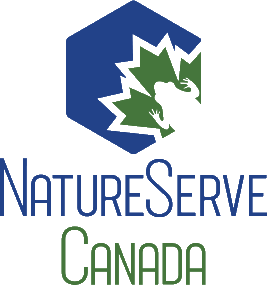Wildlife Rehabilitation Resources
If you encounter injured, ill, or orphaned wildlife, please contact your Department of Natural Resources or regional Game and Fish Office for further information. Wildlife rehabilitation centers and veterinarians may also offer assistance (please call first).
Concerning wildlife:
-Do not take baby wildlife from the wild.
-Quietly observe wildlife from a respectable distance.
-Do not try to care for wildlife on your own; many species require specialized handling and care. There is great potential to do more harm than good.
-Do not keep wildlife as pets; in many cases, it is illegal to posses wildlife without proper state and federal permits.
-Do not approach or handle unfamiliar animals or animals exhibiting abnormal behavior; injuries (bites, scratches) and zoonotic disease transmission are risks.
-Report abnormal animal behavior and animal bites to appropriate authorities such as animal control, veterinarian, public health agency, and/or wildlife agency.
-Keep pets up-to-date on their vaccines; limit exposure to wildlife by keeping cats indoors and dogs on leashes.
For additional information on wildlife rehabilitation, please visit:
National Wildlife Rehabilitators Association
International Wildlife Rehabilitation Council
If you have any tips on wildlife rehabilitation, please add them in the comments below! Thanks!





Comments
Add a Comment